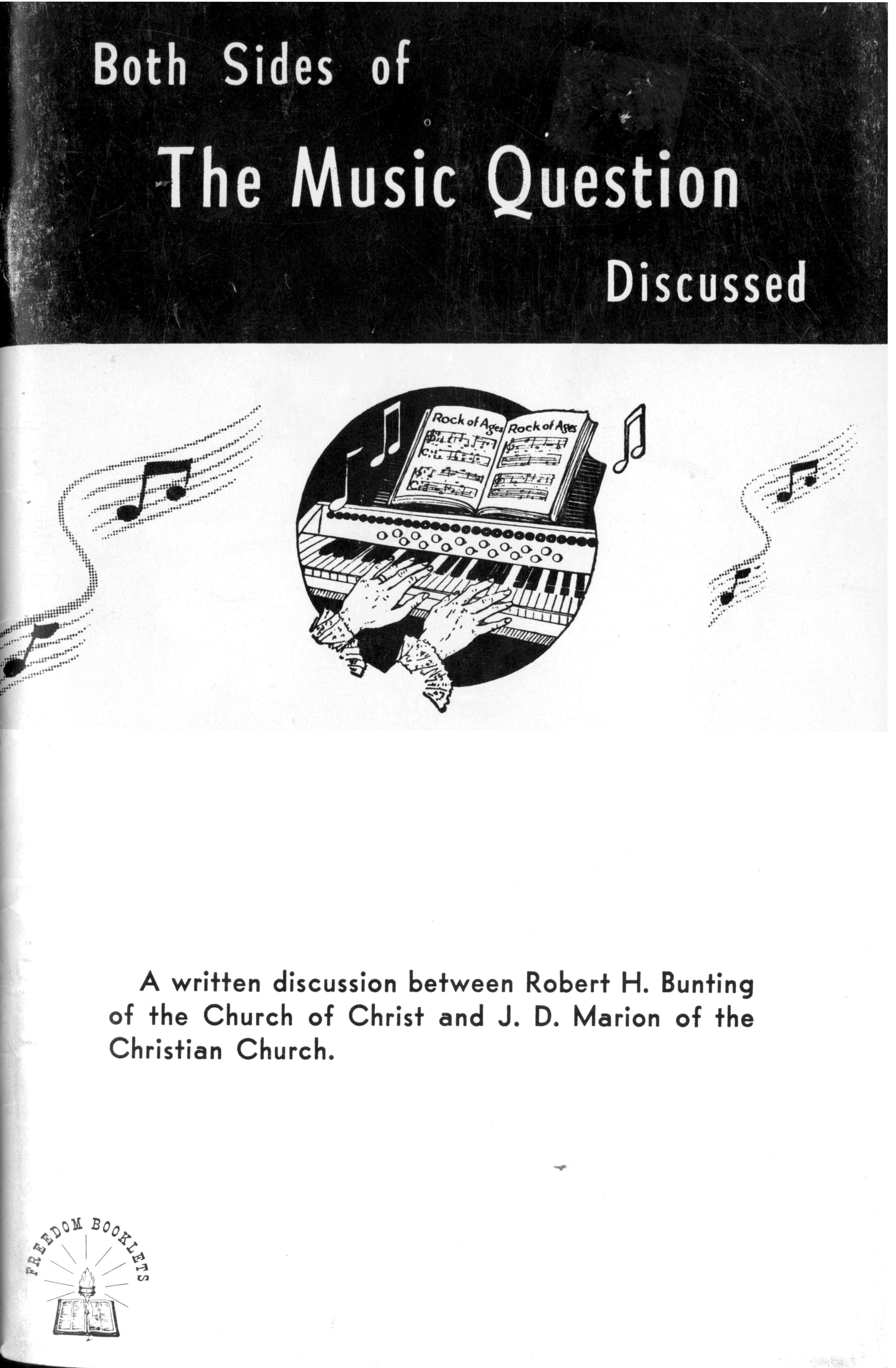One of the important parts of the early church, according to the Bible, was having trustworthy, godly men to serve as shepherds, overseers, bishops, elders. All these names refer to the same office in the church.
The apostle Paul, along with Barnabas, made sure to ordain elders in each congregation that they had established and built up. Timothy was given instructions on what to look for in a man who desired to be an elder. Titus was left in Crete to ordain elders in each congregation. Peter himself was even an elder in the church.
Suffice it to say, the eldership is an important biblical topic.
And that’s why today’s “THANK YOU” post contains another free book–this time on the subject of elders.
The Eldership, by M.M. Davis, was originally published in 1912, and was reprinted a few times after that. Even though it is over a hundred years old, it is still full of plain Bible teaching on this subject. And it’s not really all that long, either, so don’t think you’re going to have to trudge through some extended dissertation on this, that, or the other.
It has been completely reformatted and proofread (special thanks to Jerry Sturgill for his assistance in those areas), so it looks really pretty on your PC, tablet, iPad, or whatever other device you have.
Enjoy! Just click on the link below to download it.


